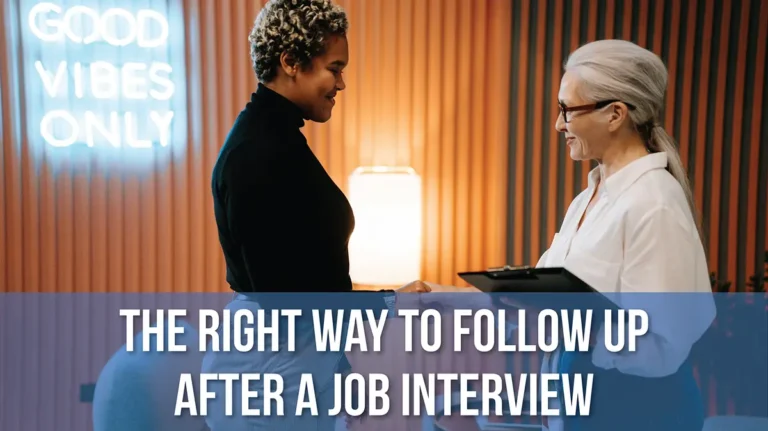How to Assess Potential Candidates
Assessing potential candidates to fill a position is a tricky task, with a lot of variables that must be taken into account. Your assessment factors will greatly depend on the type and level of the position, what’s most important to succeed in that position, what your company needs, how that person will fit in, what problem(s) they need to solve, and many others.
While there’s no single formula or questionnaire for perfectly assessing every candidate for each position you need to fill, there are some key questions to ask yourself about every candidate you interview.
Where do they fit within your company culture?
Most companies have a deep, underlying culture based on their core values and mission as well as the day-to-day culture that evolves as your team evolves. As an HR professional, you’re in the best position to not only have a good read on the company culture, but also determine who will fit well into it. This is a good place to trust your instincts – if the candidate seems to fit seamlessly into your current culture, they might be a good choice. If you see some culture-fit red flags, it’s probably best to pass.
Are they eager to continue learning?
While you’re looking for someone with specific experience and knowledge to fill your available job position, it’s impossible for someone to know everything. Someone who demonstrates a willingness to continue learning and growing regardless of their level of expertise could potentially be a great new hire..
Do they have a generally positive attitude?
Attitudes affect everyone in the company, so having someone who is generally positive will have a great impact. Does the candidate speak in a positive manner about former employers and co-workers, or do they sneak in negative jabs? Someone sneaking in veiled negative comments about their peers is likely someone you don’t want at your company.
Would they be an asset to your current team?
You want to enhance your team, not detract from it. During the interview, evaluate the candidates skills and experience against those currently on your team. Does the candidate bring a fresh perspective and new ways of thinking to the team? Having a candidate who brings new ideas into projects will be a great asset, but if they don’t bring anything new to the table for your team, it may be best to seek other candidates.
Are they motivated and goal-oriented?
What does their five-year plan look like? Yes, it’s a cliché question, but you can learn a lot from that simple question. If their answer is simple or doesn’t take much effort to achieve, then they might not be as motivated or goal-oriented. This is also a great way to see what motivates them to achieve those goals.
Will they be a dependable employee?
You depend on your employees to keep the company running smoothly each day. Did the candidate show up early for their interview? Can they provide examples of projects completed on time even though hardship and missteps? If you can’t depend on someone to show up on time or come prepared to the interview, they probably aren’t the best candidate for your team.
Do they demonstrate integrity?
One way to check a candidate’s integrity is to ask questions that might put them in a bad light. Listening to how the explain the scenario, see if they take responsibility or if they push the blame on others. Having a potential candidate who can admit mistakes and take responsibility will be a great asset.
How are their communication skills?
Cover letters can tell you a lot about someone’s communication skills. Does the person interviewing sound like their cover letter? Since the cover letter and resume are your first impressions of a candidate, you expect their content to be confirmed during the interview. If your candidate doesn’t sound like their cover letter, they may prove to be inauthentic and you may want to continue your search.
Assessing candidates is a difficult task, regardless of the position you’re trying to fill. There is no one right way to do it, and you may need to rely on your gut instincts in some scenarios. Asking yourself the above questions about the candidates you interview will provide a clearer path to making the appropriate hiring decision. Remember, no candidate will ever be perfect – but there is likely one that will be the perfect addition to your team.








